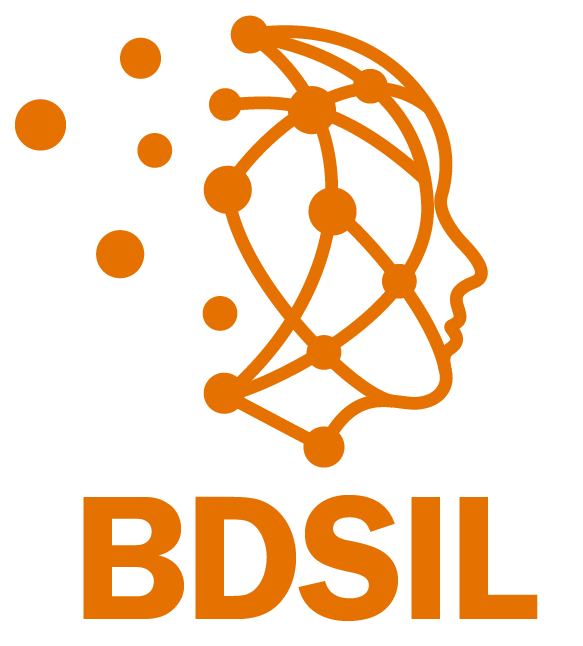Clearing the Air for a Breathable Future: Unraveling the Biomedical Implications of Data Pollution
The rapid advancement of Artificial Intelligence (AI) powered by data has revolutionized industries across the globe. In recent years, this AI revolution has made significant inroads into the field of Earth Science, revolutionizing the way researchers predict weather patterns, understand Earth's intricate systems and climate dynamics, and enhance energy efficiency through high-speed climate models. However, this remarkable progress has come with unintended consequences, particularly the exacerbation of inequalities among marginalized communities. Ben-Shahar (2019) describes this phenomenon as "data pollution," highlighting the negative impacts of the data-driven economy. The "Breathable Futures" project, based in the CORE Futures Lab, has set out to address the critical issue of data deserts in marginalized communities, where the lack of localized environmental data perpetuates and widens existing disparities. While it's commonly assumed that data holds all the answers, we acknowledge the complexities arising from existing data gaps and biases. The core focus of our research project is to explore how societal, cultural, and historical biases present in Earth Science data adversely affect Black communities. Without these crucial considerations, data can become a source of danger rather than empowerment.
Dr. Amy Yeboah Quarkume, affectionately known as Dr. A, is a daughter of Africa, a scholar, filmmaker, data scientist, and Associate Professor of Africana Studies in the Department of Afro-American Studies at Howard University. Her work as a data scientist centers around AI Bias, data inequality, and environmental justice. Currently, she employs an Africana Studies framework to examine the intersections of race, gender, and technology. Dr. A is presently the Director of Graduate Studies for the Master's Program in Applied Data Science and Analytics, advancing Howard University's first major effort in becoming a hub for data science social justice research and training for the next generation of data scientists. Furthermore, she is the PI of the CORE futures lab, PI in the NOAA Cooperative Science Center in Atmospheric Sciences and Meteorology (NCAS-M), and Co-PI for the Race and Tech lab.
